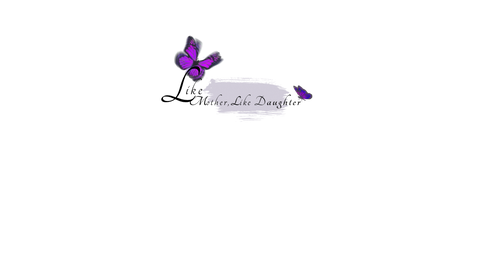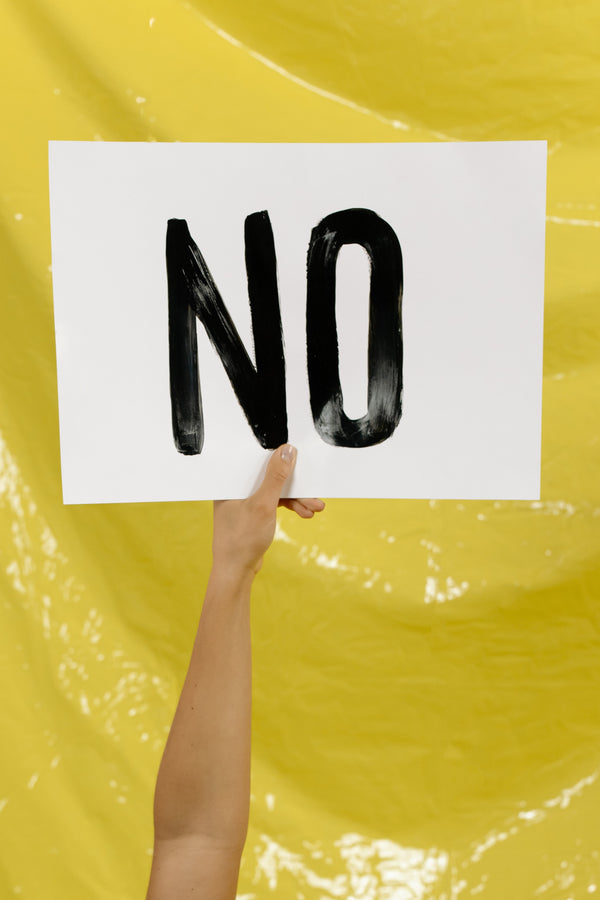
Selfsorg en die belangrikheid daarvan om nee te sê

While saying "no" is important for self-care, it's equally important to do so in a respectful and considerate manner. You can express your reasons for declining an invitation or request and offer alternatives or compromises when appropriate. Ultimately, the ability to say "no" is a valuable skill that can contribute significantly to your overall well-being and personal growth.
Self-care is a crucial aspect of maintaining physical, emotional, and mental well-being. It involves taking deliberate actions to prioritize and nurture your own health and happiness. One important but often overlooked aspect of self-care is the ability to say "no" when necessary. Here's why it's important:
Preserves Your Energy
Saying "no" allows you to conserve your time and energy for things that truly matter to you. When you constantly say "yes" to every request or invitation, you can become overwhelmed, stressed, and drained.
Sets Boundaries
Saying "no" helps establish clear boundaries with others. Healthy boundaries are essential for maintaining healthy relationships and preventing burnout. It communicates that you respect your own needs and limits.
Reduces Stress
When you say "no" to commitments or tasks that you cannot realistically handle, you reduce the stress and anxiety associated with taking on too much. This leads to better mental and emotional well- being.
Enhances Self-Respect
Saying "no" when necessary, demonstrates self- respect. It shows that you value your own time, priorities, and well-being. This self-respect can boost your self-esteem and self-confidence.
Improves Decision-Making
When you're selective about what you commit to, you can make better decisions. You have more mental space to evaluate opportunities and align them with your goals and values.
Fosters Authenticity
Saying "no" can help you live more authentically. It allows you to make choices that reflect your true desires and priorities, rather than succumbing to societal pressure or others' expectations.
Promotes Self-Care
Saying "no" is an act of self-care in itself. It frees up time for activities that genuinely rejuvenate you, such as spending time with loved ones, pursuing hobbies, or engaging in relaxation techniques.
Avoids Burnout
Overcommitting and constantly saying "yes" can lead to burnout, which can have serious consequences for your physical and mental health. Saying "no" is a preventative measure against burnout.
Teaches Others About Your Limits
When you consistently communicate your boundaries by saying "no," others are more likely to understand and respect your limits. This can lead to healthier and more mutually respectful relationships.
Encourages Focus
Saying "no" allows you to focus your time and energy on your priorities and long-term goals. It helps you avoid distractions and maintain a clear sense of direction in your life.
While saying "no" is important for self-care, it's equally important to do so in a respectful and considerate manner. You can express your reasons for declining an invitation or request and offer alternatives or compromises when appropriate. Ultimately, the ability to say "no" is a valuable skill that can contribute significantly to your overall well-being and personal growth.




